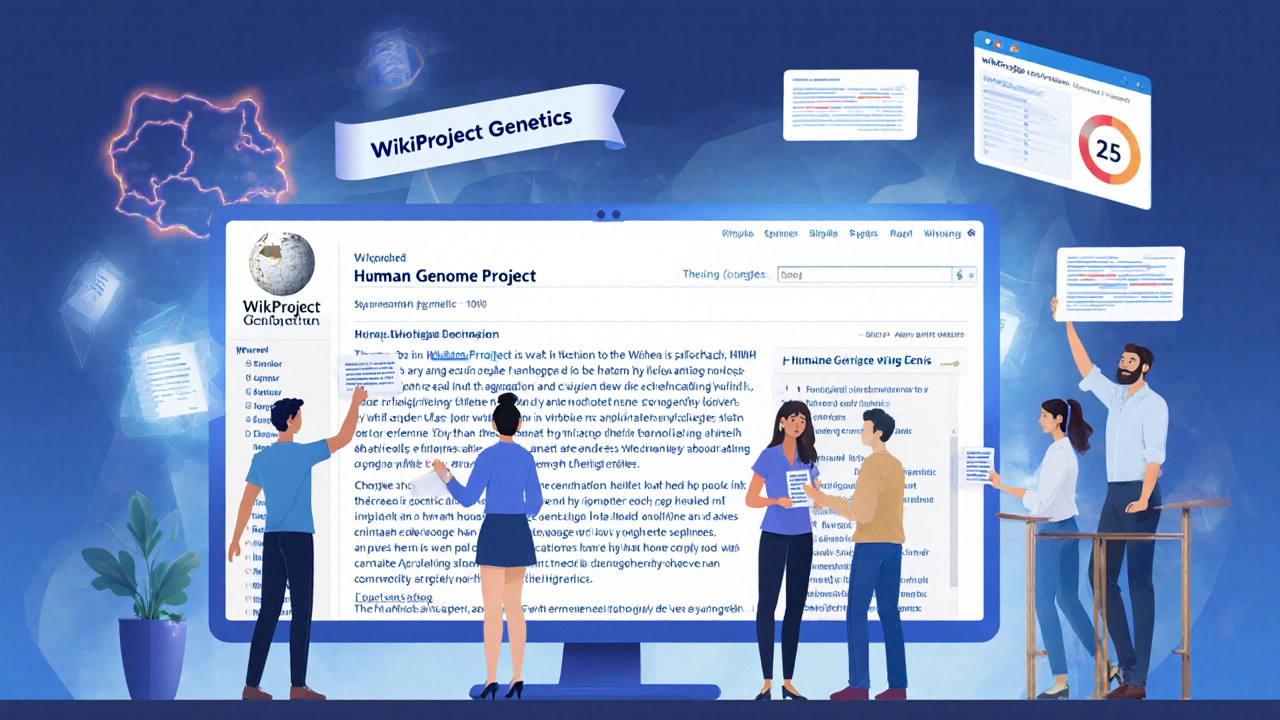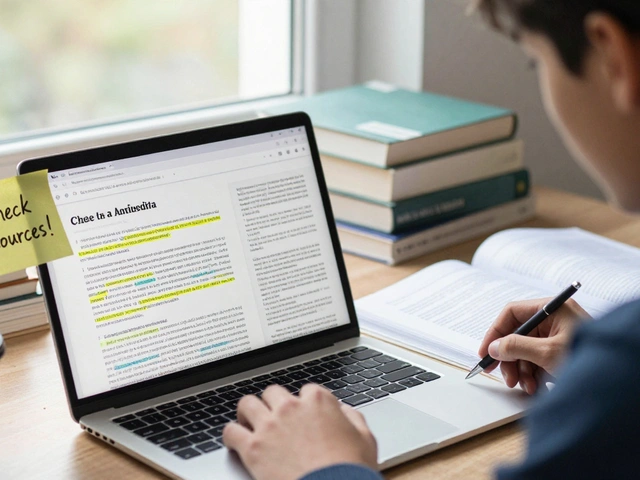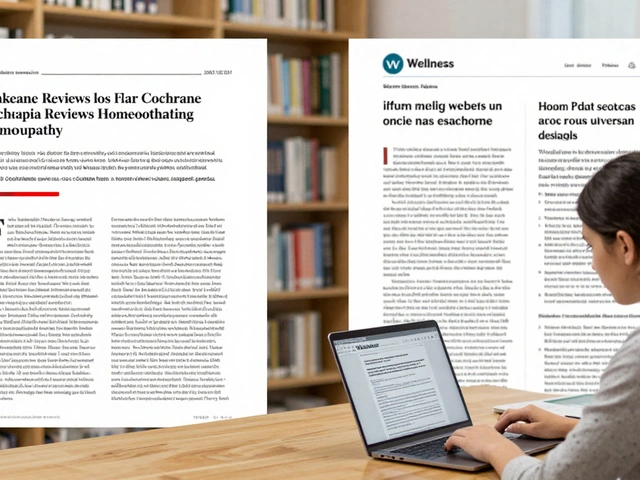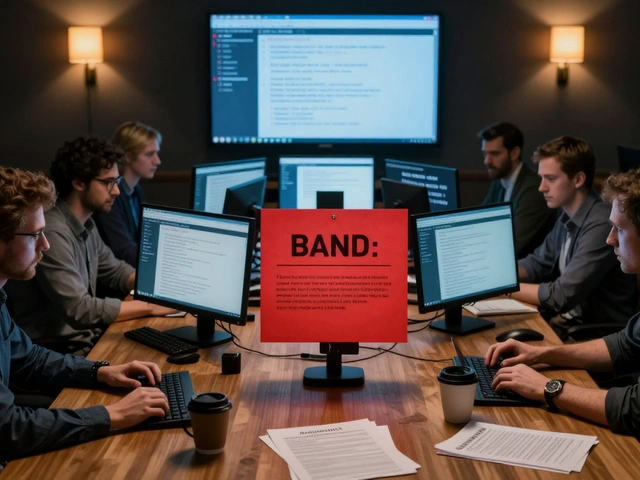Wikipedia quality: How editors, policies, and sources keep the world’s largest encyclopedia reliable
When you think of Wikipedia quality, the collective standard of accuracy, neutrality, and reliability across all Wikipedia articles. Also known as content integrity, it’s what makes Wikipedia more than just a collection of user edits—it’s a trusted reference used by students, journalists, and researchers worldwide. This isn’t magic. It’s the result of thousands of volunteers following clear rules, checking sources, and arguing over wording on talk pages—often for hours. Wikipedia quality doesn’t happen by accident. It’s fought for, reviewed, and sometimes reverted.
Behind every high-quality article are three things: Wikipedia editors, the volunteers who write, update, and defend content; reliable sources, peer-reviewed journals, books, and reputable news outlets that back up claims; and Wikipedia policies, mandatory rules like neutral point of view and no original research that guide every edit. These aren’t suggestions—they’re the foundation. A single unverified claim can trigger a cascade of reversions. A poorly cited paragraph might get flagged by a bot or challenged by a seasoned editor. And when controversial topics pop up—like AI court rulings or pandemic data—it’s the system of talk pages, watchlists, and consensus-building that keeps things from spinning out of control.
Wikipedia quality isn’t about being perfect. It’s about being verifiable. It’s about knowing when a primary source isn’t enough, and when a secondary source gives you the context you need. It’s about recognizing that a photo without proper licensing can spread misinformation faster than a thousand words. It’s about understanding that paid editors bring speed, but volunteers bring depth—and both can shape what ends up on the page. You’ll see this in action across the posts below: how editors use watchlists to catch vandalism, how Wikinews struggles to survive without funding, how AI literacy programs aim to protect Wikipedia from algorithmic bias, and how due weight policy ensures minority views aren’t drowned out by louder voices. This isn’t theory. These are the real tools, battles, and decisions that keep Wikipedia working. What you’re about to read isn’t just about how Wikipedia stays accurate—it’s about who makes it happen, and why it still matters.
How WikiProjects Drive Article Improvement and Featured Article Status
WikiProjects are volunteer groups that improve Wikipedia articles through collaboration, sourcing, and peer review - turning good content into Featured Articles that meet high-quality standards.





